Estimated reading time: 6 mins
Introduction to the Future of Health
In the vast and ever-evolving field of healthcare, the future of health promises groundbreaking innovations that are beacons of hope for humanity. As we step further into the 21st century, the convergence of technology, biology, and ethics is paving the way for astonishing advancements in medicine and healthcare. These potential breakthroughs, many of which we might witness within our lifetime, promise not just to cure diseases but to fundamentally transform our understanding of human health and longevity.
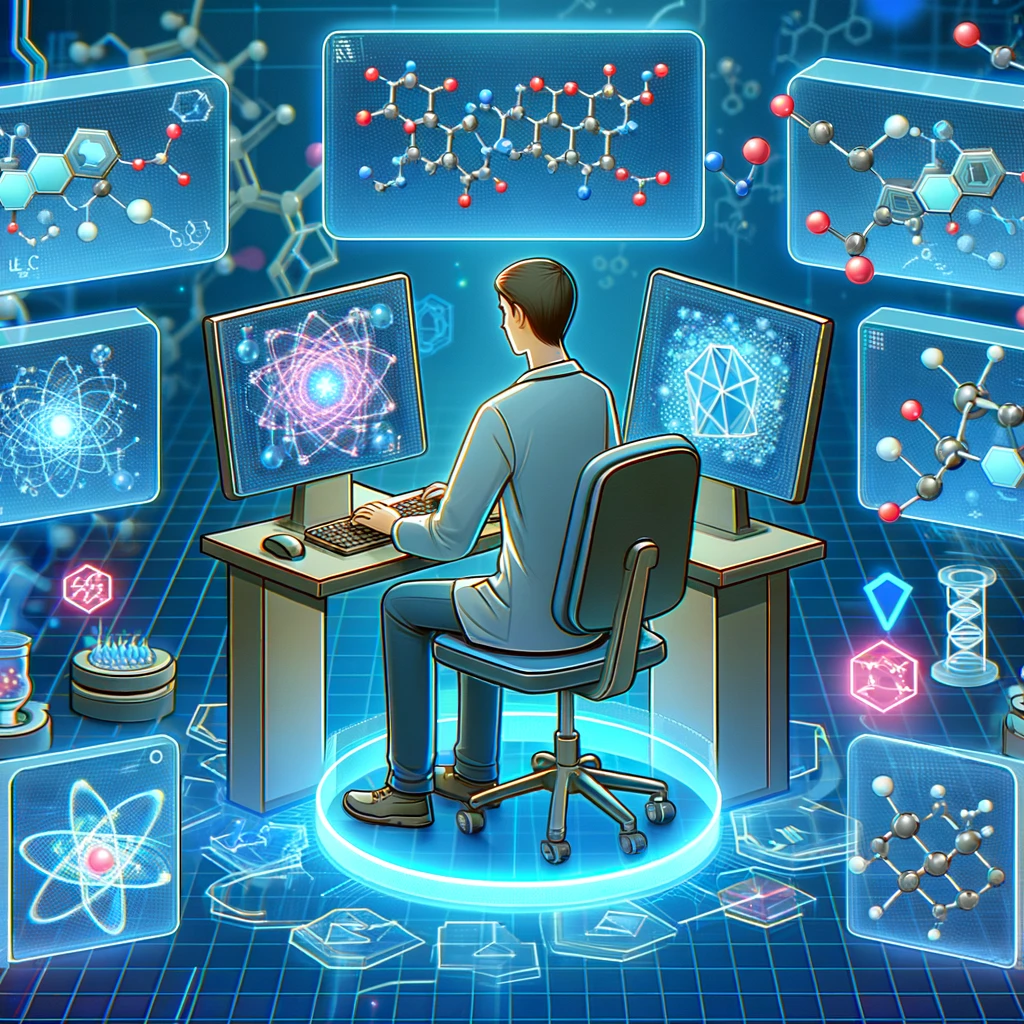
Gene Editing: Tailoring Health at a Molecular Level
One of the most anticipated areas in the future of health and medical innovation is gene editing, particularly through technologies like CRISPR-Cas9. This revolutionary technique allows for precise, directed changes to genomic DNA, enabling the correction of genetic defects that cause diseases. The potential of CRISPR extends beyond treating hereditary conditions like cystic fibrosis or sickle cell anemia; it holds the promise of combating more complex diseases such as cancer or HIV.
However, gene editing raises significant ethical concerns. The prospect of ‘designer babies’ or the unintended consequences of genetic manipulation are issues that require careful consideration. The balance between therapeutic benefits and ethical boundaries will be a key area of discussion as this technology progresses.
Personalized Medicine: Customized Care for Every Individual
The future of healthcare is not just about treating diseases, but also about tailoring treatments to individual patients. Personalized medicine, aided by advancements in genomics and biotechnology, allows for more precise, predictable, and effective treatments. By understanding a patient’s genetic makeup, lifestyle, and environment, healthcare providers can tailor treatments specifically for them, enhancing the efficacy and reducing side effects.
This customized approach is not without challenges. It requires a massive amount of data collection and processing, raising concerns about data privacy and security. Additionally, there’s the risk of increasing healthcare disparities, as such personalized treatments might be costly and accessible only to a privileged few.
Regenerative Medicine: The Power to Repair and Replace
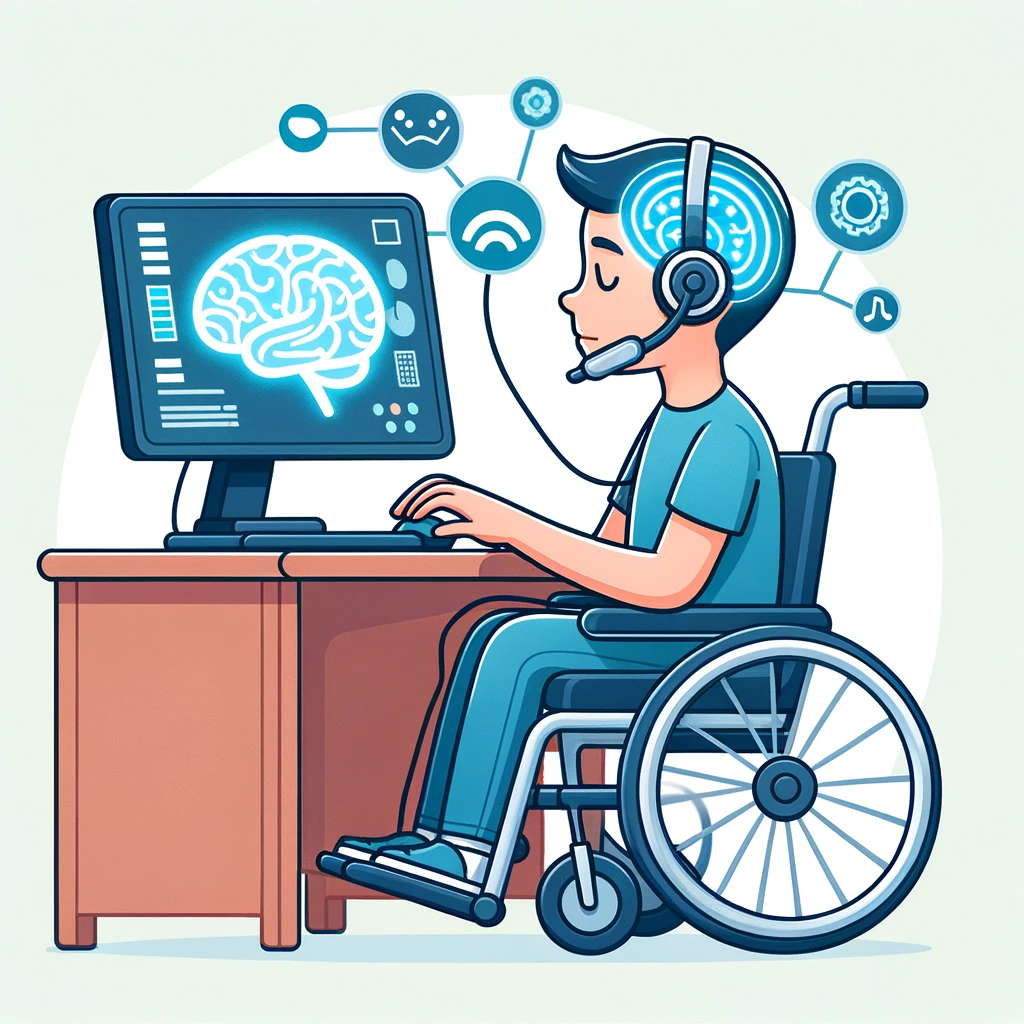

Regenerative medicine is another thrilling frontier in the future of health. This field focuses on repairing, replacing, or regenerating human cells, tissues, or organs to restore or establish normal function. This includes stem cell therapy, tissue engineering, and organ regeneration. Imagine a world where a heart damaged by disease is repaired with lab-grown heart tissue, or an organ transplant without the risk of rejection, because the organ was grown from the patient’s own cells.
While the potential of regenerative medicine is immense, it is not without hurdles. The complexities of organ growth, ethical concerns about stem cell use, and the need for extensive clinical trials to ensure safety are significant challenges to overcome.
Nanomedicine: A Giant Leap with Tiny Particles
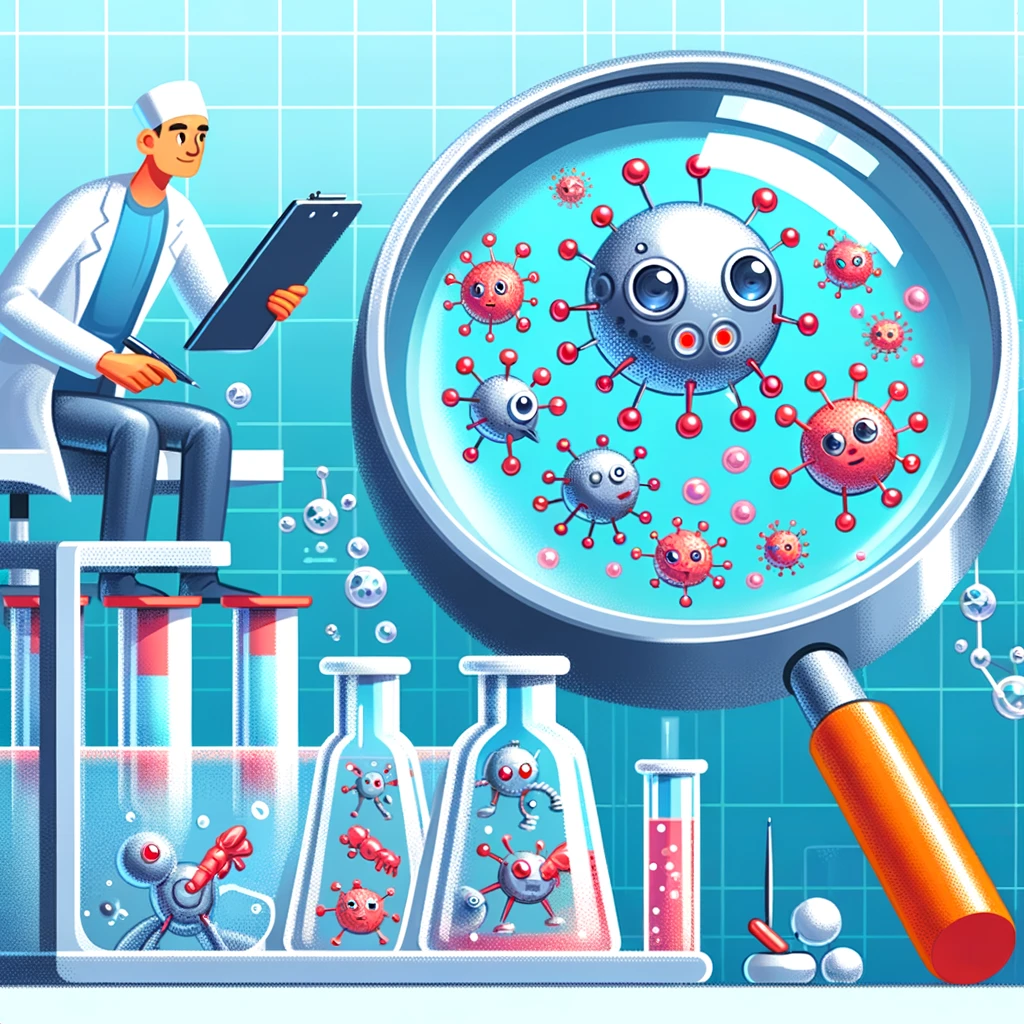

Nanomedicine, the medical application of nanotechnology, holds the promise of profound breakthroughs in diagnosing and treating diseases. Nanoparticles could be used to deliver drugs directly to diseased cells, increasing treatment efficacy and reducing side effects. Diagnostic nanodevices could detect diseases at much earlier stages than current methods allow.
Despite its potential, the safety of nanomaterials in the human body is a major concern. The long-term effects of nanoparticles on human health and the environment are still not fully understood, necessitating thorough research and regulation.
Artificial Intelligence and Robotics: Enhancing Healthcare Efficiency
Artificial Intelligence (AI) and robotics are set to revolutionize healthcare delivery. AI algorithms can process vast amounts of medical data, assisting in early disease detection, diagnosis, and treatment decisions. Robotics is already making its mark in surgery, with robotic assistants allowing for more precision and less invasive procedures.
The integration of AI and robotics in healthcare is not just a technological challenge, but also an ethical and regulatory one. Issues around data privacy, the potential loss of human jobs, and the need for clear liability and responsibility guidelines in cases of malpractice are critical considerations.
Telemedicine and Digital Health: Accessibility and Convenience
The rise of telemedicine and digital health services is a response to the growing need for accessible healthcare. These technologies allow patients to consult with healthcare providers remotely, increasing access to care for people in remote or underserved areas. Wearable health monitors and mobile health apps empower patients to manage their health proactively.
However, telemedicine also brings challenges, such as ensuring the quality of care and addressing the digital divide that may prevent some populations from accessing these services.
The Future of Health will involve the Bioprinting of Human Organs
Advancements in 3D bioprinting technology could lead to the printing of human organs using a patient’s own cells. This would significantly reduce transplant waitlists and eliminate rejection issues. Who would have thought that the future of health stems from a 3d printer?
Neuroprosthetics and Brain-Computer Interfaces
These technologies could restore and enhance brain function. They have the potential to help people with paralysis regain movement, enable direct brain-to-computer communication, and even enhance memory or cognitive abilities.
Advanced Gene Therapy for Age-Related Diseases
Beyond treating hereditary diseases, gene therapy could be used to combat age-related conditions like Alzheimer’s or heart disease, potentially extending human healthspan and lifespan.
Synthetic Biology for Customized Medication
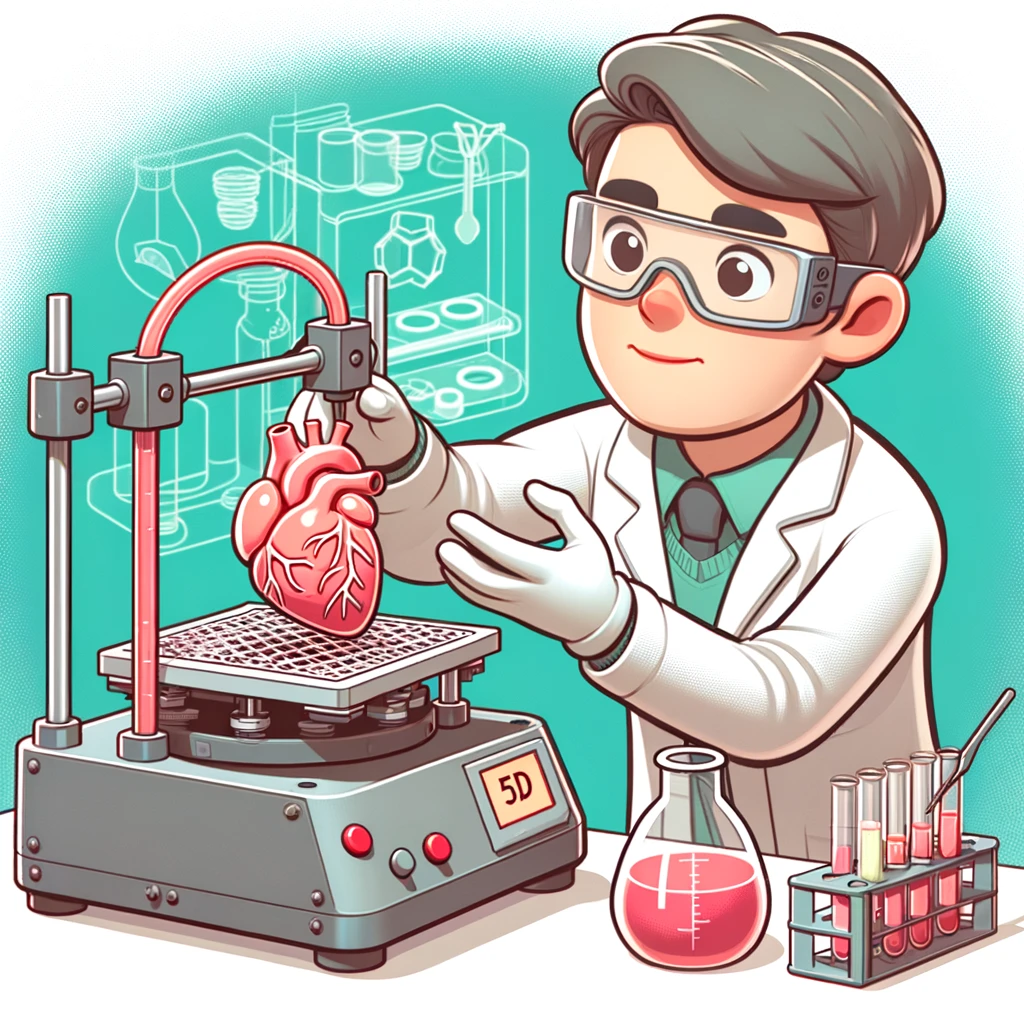

This involves designing and constructing new biological parts, devices, and systems, or re-designing existing, natural biological systems for useful purposes, such as producing custom medication.
AI-Driven Predictive Healthcare Models
The future of health will surely exploit Artificial Intelligence to analyze data from various sources to predict disease outbreaks, individual health risks, and even propose personalized preventive measures.
Microbiome Engineering
Understanding and manipulating the human microbiome to treat or prevent conditions like obesity, type 2 diabetes, and even certain mental health disorders.
Quantum Computing in Drug Discovery
Utilizing quantum computing for drug discovery could drastically reduce the time and cost associated with developing new pharmaceuticals, making it faster and more efficient.
Nanorobots for Precision Medicine
Tiny nanorobots could be used to perform intricate surgeries or deliver drugs directly to specific cells, offering a level of precision in treatment that is currently not possible.
Virtual Reality for Medical Training and Treatment
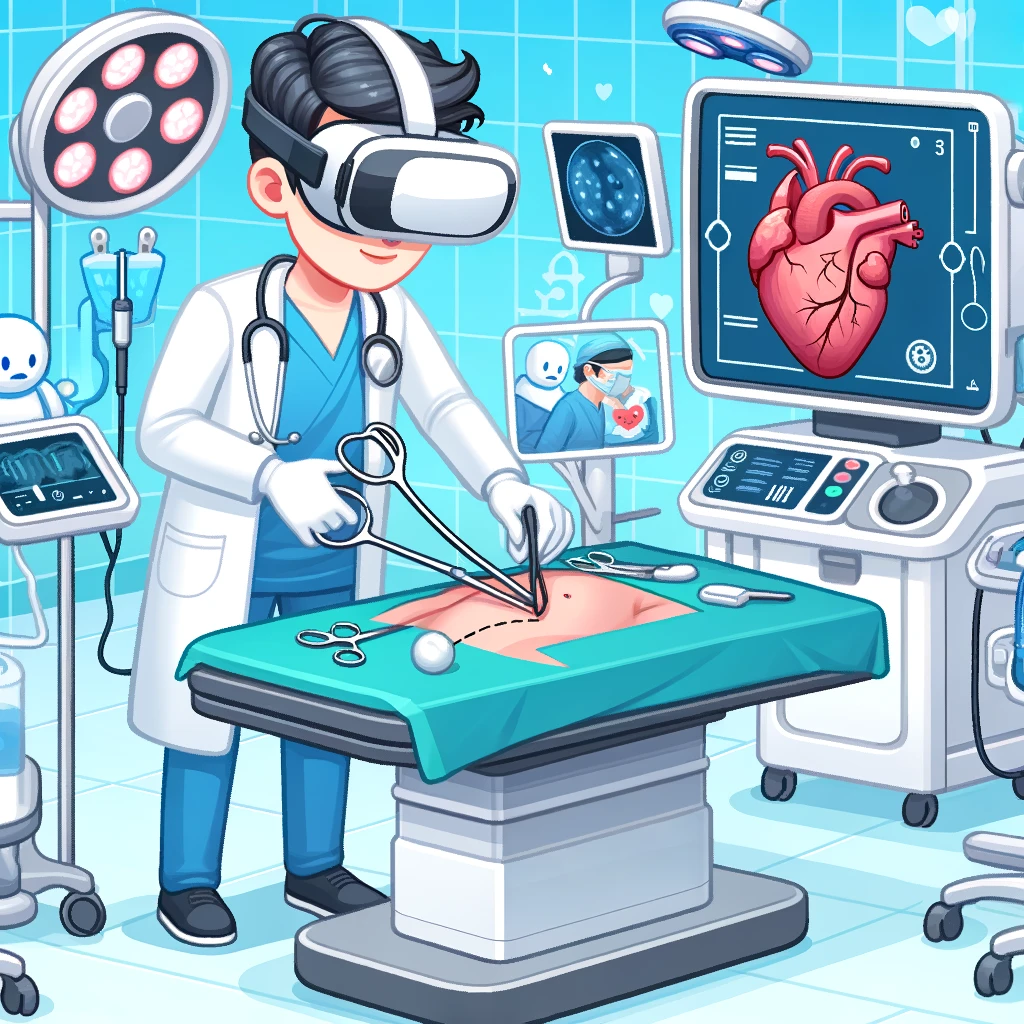

Enhanced VR technologies could provide more realistic and varied training for medical professionals, and be used in therapeutic settings, such as for treating PTSD or phobias.
Wireless Health Monitoring Devices
The development of more sophisticated wireless and wearable health monitoring devices that can continuously track vital signs and health indicators, providing real-time data to healthcare providers and patients. We’re already living with the future of health with our Apple Watches!
Ethical and Social Implications
As we embark on this journey of medical advancement, the ethical and social implications must be at the forefront. Issues of privacy, consent, equity, and the potential widening of health disparities are central to the discourse on future health technologies. The challenge lies in developing regulatory frameworks that encourage innovation while safeguarding human rights and dignity.
The Future of Health is upon us!
The future of health and medicine is undeniably exciting, with breakthroughs on the horizon that could transform lives and societies. However, it is crucial to approach these advancements with a balance of optimism and caution. The intersection of technology, ethics, and health requires a collaborative effort among scientists, healthcare professionals, ethicists, policymakers, and the public.
As we witness these developments unfold, it is our collective responsibility to ensure that they lead to a future where health and well-being are accessible and equitable for all. The future of health is not just about technological innovation; it’s about shaping a world where every individual has the opportunity to live a healthy and fulfilling life.
